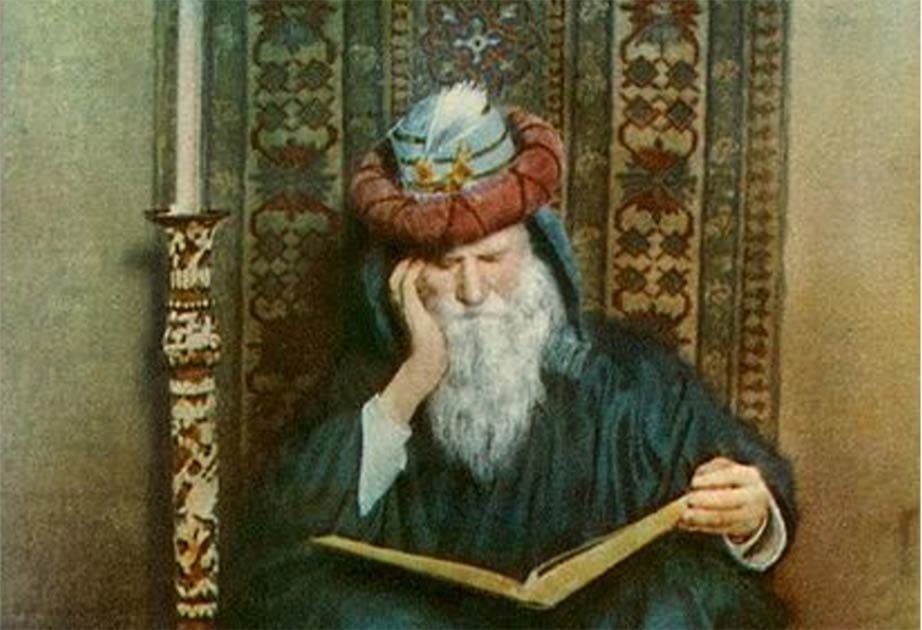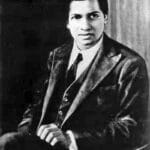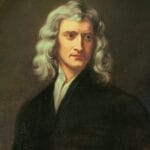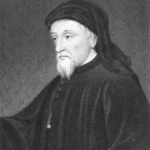Step into the fascinating world of Omar Khayyam, a genius whose ideas still resonate centuries later. Explore 10 incredible facts about this enigmatic figure, whose legacy continues to inspire and intrigue us. From his beautiful poems that explore life and love to his groundbreaking work in math, astronomy, and philosophy, discover why Omar Khayyam was a true polymath.
Unveiling the Mysteries: Facts About Omar Khayyam
Omar Khayyam, an 11th-century Persian polymath, was a constellation of brilliance. While most people know him for his poetry collection, the Rubaiyat, his contributions to the world stretched far beyond captivating verses. Let’s dive into some fascinating tidbits about this Persian polymath that might surprise you.
1. The Meaning Behind the Name
The name “Khayyam” itself is interesting, translating to “tent maker.” Historians believe this might have been a nod to his family’s profession—a humble reminder that even great thinkers come from ordinary backgrounds.
2. A Multifaceted Genius
Born in Nishapur, Persia, in 1048 AD, Khayyam didn’t limit himself to just one area of expertise. He wasn’t just a poet; he was a mathematician who made groundbreaking advancements in algebra, a skilled astronomer who developed a calendar even more accurate than the one we use today, and a philosopher who grappled with life’s big questions.
3. The Jalali Calendar: A Testament to Accuracy
Khayyam’s creation, known as the Jalali Calendar, was commissioned by Sultan Malik-Shah I. This calendar stands as a testament to Khayyam’s understanding of the cosmos and his ability to translate complex astronomical concepts into a practical tool used by people every day, even centuries later.
4. The Rubaiyat: Poetry for the Ages
It’s his Rubaiyat, a collection of four-line poems called quatrains, that continues to resonate deeply with readers. These poems explore the fleeting nature of time, the beauty of the present moment, and the joys of friendship and wine—themes that have spoken to people across cultures for centuries.
5. A Tomb That Inspires Pilgrimage
If you ever find yourself in Nishapur, Iran, you can visit Khayyam’s tomb, a place that has become a pilgrimage site for those who admire his work. It’s a testament to the lasting impact of a man whose words and ideas continue to inspire awe and wonder.
6. The Interplay of Logic and Emotion
Perhaps the most intriguing aspect of Omar Khayyam is the apparent tension between his logical, scientific mind and his deeply expressive, often emotional poetry. Did his scientific pursuits influence his art, or did his poetry provide an outlet for the unanswerable questions that science couldn’t satisfy? It’s a question that scholars and admirers continue to ponder.
7. A Product of the Golden Age
Understanding Khayyam’s place in the world means understanding the time and place he lived in—the heart of the Islamic Golden Age. This era of intellectual flourishing undoubtedly shaped his worldview and provided fertile ground for his ideas to take root and blossom.
8. The Rubaiyat: Transcending Time and Culture
The beauty of the Rubaiyat lies in its ability to transcend cultural and temporal boundaries. Each generation finds new meaning in its verses, proving the universality of human experience and the enduring power of poetry to connect us across time and space.
9. Did Omar Khayyam Have Children?
While we know much about Khayyam’s achievements, his personal life remains shrouded in mystery. Some historians suggest he may have had a wife and two children—a son and a daughter—but concrete evidence is lacking.
10. A Legacy of Inspiration
Omar Khayyam’s story reminds us that true brilliance knows no bounds and that the pursuit of knowledge, beauty, and meaning is a journey worth taking.
What is Omar Khayyam known best for?
Omar Khayyam was a one-man Renaissance, excelling in both poetry and mathematics. He made groundbreaking breakthroughs in algebra and geometry, contributing significantly to the Binomial Theorem, which forever changed how we understand numbers and shapes.
Beyond math, he created the Jalali Calendar, a calendar so accurate it puts our modern calendar to shame. Iran and Afghanistan still use his genius to keep track of time.
And then there’s the Rubaiyat, a collection of poems that are basically a love letter to life, death, and everything in between. These verses make you think, they make you feel, and they might even make you question everything you thought you knew about existence.
Khayyam represents the best of the Islamic Golden Age, a time when learning and curiosity knew no bounds. He was a true polymath, a master of many trades, and his legacy continues to inspire and astound us centuries later.
Analyzing Omar Khayyam’s Astronomical Contributions
Omar Khayyam wasn’t just a poet; he was a whiz with the stars! His fascination with the night sky and his knack for math led him to make some big discoveries in astronomy during the Islamic Golden Age.
A Cosmic Clockmaker
One of his greatest feats was giving the Persian calendar a major upgrade during the reign of Sultan Malik-Shah I. This revamped calendar, called the Jalali Calendar, was based on incredibly precise astronomical observations and was even more accurate than the Gregorian calendar we use today! To this day, people in Iran and Afghanistan still rely on the Jalali Calendar—talk about a lasting legacy!
Mapping the Stars
Khayyam spent countless nights observing the movements of stars and planets, carefully recording his findings in comprehensive astronomical tables. These tables became invaluable tools for astronomers and navigators of his time, who used the stars to tell time, find their way across vast distances, or even figure out the proper times for religious practices.
A Precursor to Non-Euclidean Geometry
Khayyam was way ahead of his time in geometry. He was curious about a fundamental concept in Euclid’s work—the idea of parallel lines. While he wasn’t able to prove it using astronomical observations, his efforts inadvertently laid the groundwork for a whole new type of geometry called non-Euclidean geometry, which wouldn’t be fully explored until centuries later.
While we often remember Omar Khayyam for his poetry, his contributions to astronomy were truly groundbreaking. He wasn’t just observing the stars; he was unlocking their secrets and changing our understanding of the universe.
Why the West Fell in Love with Omar Khayyam’s Poetry
Omar Khayyam is a household name in the West because of his poetry, specifically a collection called the Rubaiyat. These four-line poems, or quatrains, are like little poetic snapshots that hit you right in the feels. They talk about love, life, death—the big stuff we all think about.
Edward Fitzgerald’s Influence
A lot of folks in the West wouldn’t have even heard of Khayyam if it weren’t for Edward Fitzgerald. In 1859, Fitzgerald translated the Rubaiyat into English, and it was a literary sensation. The Victorians, especially, really dug Khayyam’s work. They were going through a lot of changes back then, what with all the new scientific discoveries and changing religious views. Khayyam’s poetry spoke to that sense of uncertainty, that feeling that maybe, just maybe, there’s more to life than meets the eye.
Timeless and Universal Themes
Even though it was written centuries ago, the Rubaiyat still resonates with people today. There’s something about Khayyam’s insights into the human experience that just feels timeless and universal. He reminds us that we’re all in this crazy thing called life together, trying to make sense of it all.
Did You Know?
Did you know that Amelia Earhart was the first woman to fly solo across the Atlantic Ocean? Learn more about her incredible accomplishments and the mystery surrounding her disappearance by reading our in-depth article facts about ameilia earhart.
Ernie Ladd was an American football player known for his incredible strength and athleticism. Click on this link facts about ernie ladd and discover some of the most fascinating facts about his life and career.
Rob Walton is the eldest son of Walmart founder Sam Walton. He is currently the chairman of Walmart and is one of the richest people in the world. Get ready to be amazed as you learn some mind-blowing facts about rob walton in this article.
- Unlock Elemental 2 Secrets: Actionable Insights Now - April 2, 2025
- Lot’s Wife’s Name: Unveiling the Mystery of Sodom’s Fall - April 2, 2025
- Photocell Sensors: A Complete Guide for Selection and Implementation - April 2, 2025
















